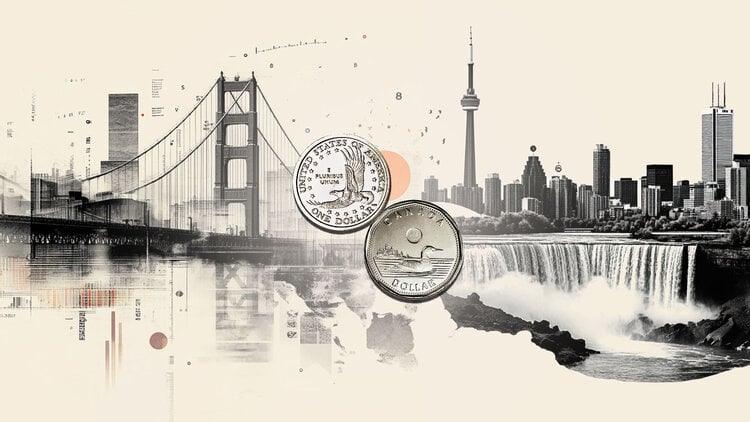Extreme heat is on the rise across the world, and a new study shows it is significantly affecting not only our physical health, but also our sense of well-being.
A new analysis by Gallup in collaboration with Citi, shared first with CNN found that people who experienced extreme heat — days that were significantly hotter than normal — also reported a decrease in their sense of well-being around the same time.
On average, the global population experienced three times as many days of extreme heat in 2020 as in 2008, Gallup reported, and well-being also declined globally by 6.5% over that period.
Researchers have also found that as the climate crisis is driving up temperatures further, global well-being could decline by another 17% by the end of this decade.
“This study is a new way of looking at how climate change affects humans around the world,” said Nicole Willcoxon, Gallup’s director of research for the project.
“And while there are many factors that affect people’s well-being, this study demonstrates that there is a clear relationship between rising temperatures and declining assessment of life.”
Extreme heat has been unrelenting across the Northern Hemisphere this summer. In May, Pakistan and India faced scorching temperatures that scientists say will become 100 times more likely as the climate crisis progresses.
Then, in July, Europe and the UK faced record heat. At the same time, scorching temperatures continue to hit China and parts of the United States – including the West, which is bracing for a scorching heat wave this week.
Gallup’s global study shows the impact heat has on our lives, whether we realize it or not.
Over 15 years, Gallup polled 1.75 million people in 160 countries and asked them about their sense of well-being. Using temperature data from NASA, the researchers analyzed extreme heat in the 30 days prior to the respondents and compared that to their life assessment responses.
A single day of extreme heat was associated with an average decrease in well-being of 0.56%.
“It’s an important set of findings for leaders to consider as they assess the impact of climate change,” said Willcoxon.
“I think there’s a lot of focus on the economic effects, the focus on what kind of extreme weather might occur – but then what is the outcome of that and how will people be affected?”
uneven impact
The impact on well-being is more significant among older generations than younger generations, Gallup researchers have found, and among those living in countries with developing economies — where people are less equipped to deal with the economic cost of the crisis. climate — such as China and Brazil.
Over the past decade, these countries have been blighted by issues of environmental justice and extreme weather events fueled by climate change.
The report also noted that people living in the southernmost regions of many nations are at increased risk of sweltering temperatures and its associated decline in well-being, including residents along the U.S. Gulf Coast and in China, who have experienced at least 10 days of high temperatures in the month prior to the survey.
Scientists have also linked warming temperatures and related disasters such as drought to major conflict and food insecurity – both of which can drive people from poorer, warmer countries to migrate to wealthier nations in colder climates.
When Gallup surveyed the Mekong River Delta region of Vietnam, for example, they saw that living rates dropped 11% between April 2015 and June 2016 — a time when the region suffered its worst drought in decades.
As the region dried up, the intrusion of salt water from rising sea levels devastated its agricultural lands, which increased food insecurity and undermined the region’s economic health.
“Climate research [disponível] shows that there is a clear risk of mass migration, social divisions and rising inequality, possible food crises and things like that,” said Willcoxon.
“While this study did not directly measure these things, we think it is a clear implication of the research [disponível] showing that if well-being continues to fall at the levels we project, it could exacerbate these problems even more profoundly, or that it is a missing piece of the puzzle at this point of what is the human cost.”
While the report found that well-being could drop a further 17% over the next eight years, the researchers said the forecast does not take into account the world’s ability to adapt to the climate crisis and recover from extreme heat.
Robbie Parks, an environmental epidemiologist and assistant professor at Columbia University’s School of Climate, said the research is an effective way to encourage decision makers to “pull the right levers” on climate action.
“While people understand that climate change is terrible in many ways, when people start to understand how it affects their daily lives — and particularly their health and well-being — I think it’s a very good boost to the political motivation for climate change. action and change,” Parks, who is not involved with the research, told CNN .
The World Meteorological Organization recently reported that an extreme weather event has occurred every day, on average, somewhere in the world for the past 50 years, a fivefold increase in frequency during that period.
And the research has helped shed light on how extreme weather and environmental degradation are affecting mood. A Gallup poll earlier this year found that only 39% of Americans were satisfied with the quality of the US environment.
“We have a lot to build here,” Willcoxon said.
“As we project that we will see many more high temperature days and extreme weather events, analyzing this and tracking this over time will be really important and critical to providing the data that policymakers and leaders need to help provide solutions for this subject.”
Source: CNN Brasil







